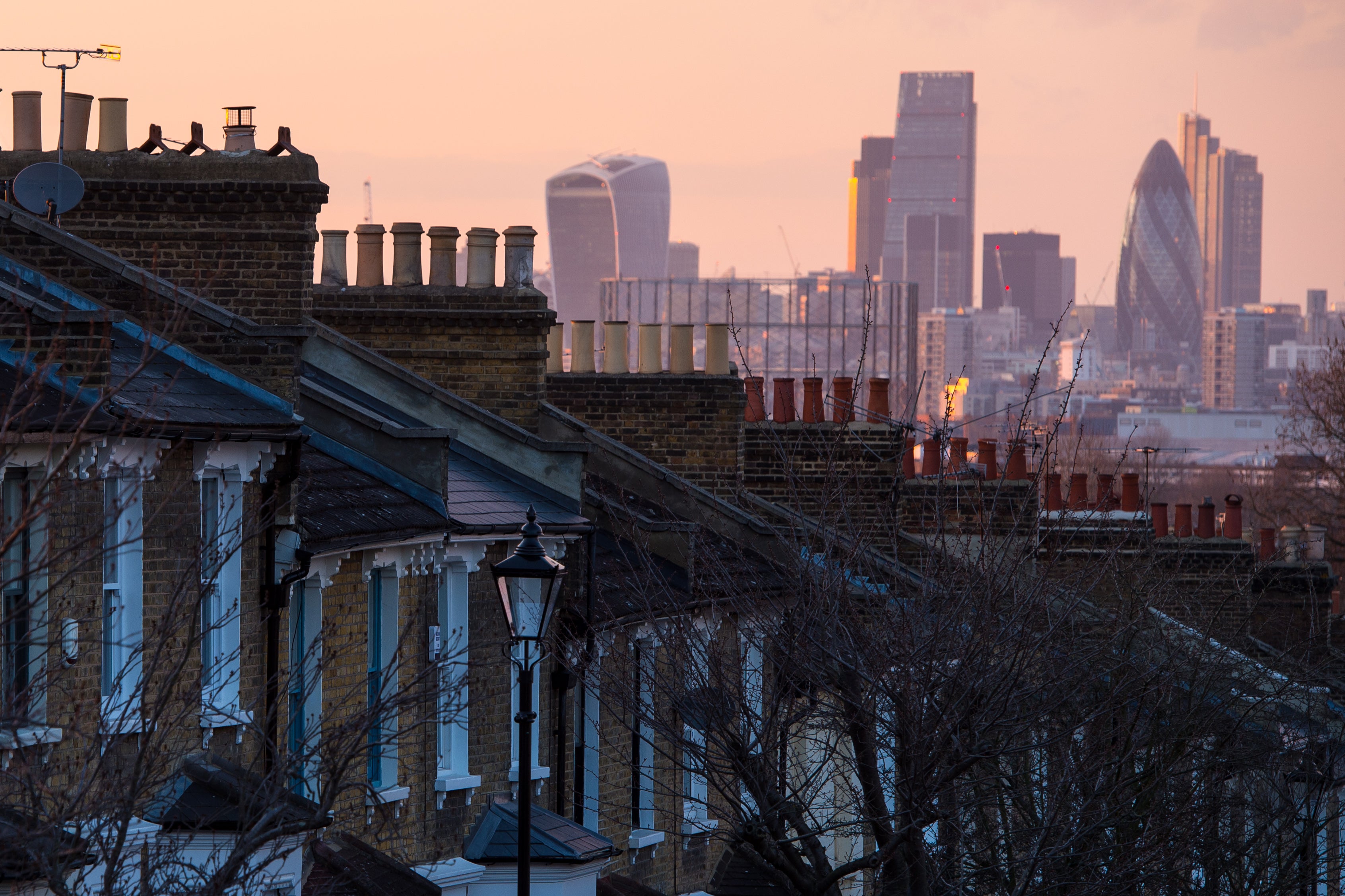Britain becoming more liberal-minded but not on trans issues, survey finds
British people have more liberal views on sexuality and family roles but are becoming increasingly prejudiced against transgender people
British people are growing increasingly liberal but are becoming less accepting of transgender people, a report has found.
Data published by the National Centre for Social Research (NatCen) found that British people are becoming more pro-immigration, increasingly think the government should play a bigger role, and have much more liberal views on sexuality and the traditional family.
Whereas 37 per cent of the public held liberal views in 2005, this has increased to 63 per cent in the latest annual British Social Attitudes (BSA) report.
Although people are much more accepting of non-traditional families than they were 40 years ago, when the surveys began, views towards transgender people are becoming markedly less liberal.
Over the past three years, hostility towards transgender people has increased - with 64 per cent describing themselves as not prejudiced at all against transgender people, a decline of 18 percentage points since 2019.
Just 30 per cent of people think someone should be able to have the sex on their birth certificate altered if they want, down from 53 per cent in 2019.
Researchers found that, although the middle-class and working-class respondents had both become more liberal-minded, the rate of increase was much greater among the middle class.
As a result the ‘class gap’ on liberal values had increased from a 14 percentage point difference in 2005 to 21 points in 2022. The survey assessed people on a liberal to authoritarian scale, capturing attitudes on the death penalty, homosexuality and morality among others.
They also assessed views on immigration. While people were more pro-immigration on average than they were in 2015, the gap between the working class and middle class has increased significantly - with the working classes more likely to be anti-immigration.

In the 2022 survey, 52 per cent of people who identified as working class held anti-immigration views - compared with just 23 per cent of middle-class identifiers.
Support for traditional roles of men and women has declined markedly since 1983. While 48 per cent of people agreed that a man’s job is to earn money and a woman’s is to look after the home in 1987, now only nine per cent of people would agree with this.
Although there has been increasing support for the idea that households chores should be shared, women contine to do more domestic labour than men, the review found. In 2022, 63 per cent of women reported doing more than their fair share of home chores, compared with 22 per cent of men.
The survey also found that demands for state intervention, which soared during the pandemic, are yet to come down again.
Following a sharp rise in the cost of living, some 68 per cent of people said the government should “definitely” be responsible for keeping prices under control – more than double the proportion that said so in 2006.
Some 53 per cent said they thought the government should be responsible for reducing income differences between the rich and poor, again more than double the 2006 figure, while 63 per cent backed the government providing industry with the help it needs to grow.
The figures reflect a sharp change from the 2010s, when the BSA survey suggested there was growing public acceptance of a reduced role for the state amid the Conservative policy of austerity.
Even among Conservative voters, support for state intervention is at record levels, although they are still much less likely than Labour supporters to say it is the state’s responsibility to reduce income inequality or provide a decent standard of living for the unemployed.
Sir John Curtice, senior research fellow at NatCen, said: “It seems that for many voters, however attractive it might once have seemed, the era of smaller government that Margaret Thatcher aimed to promulgate – and which Liz Truss briefly tried to restore in the autumn of 2022 with her ill-fated ‘dash for growth’ – now seems a world away.
“They appear to be looking to government to take a significant role in finding a way out of the difficult legacy that the pandemic and the Russian invasion of Ukraine have created.
“The challenge facing politicians of all parties between now and the election will be to convince the electorate that they can meet their high expectations.”
The BSA survey consisted of 6,638 interviews with a representative sample of British adults, conducted between September 7 and October 30 2022.



Bookmark popover
Removed from bookmarks